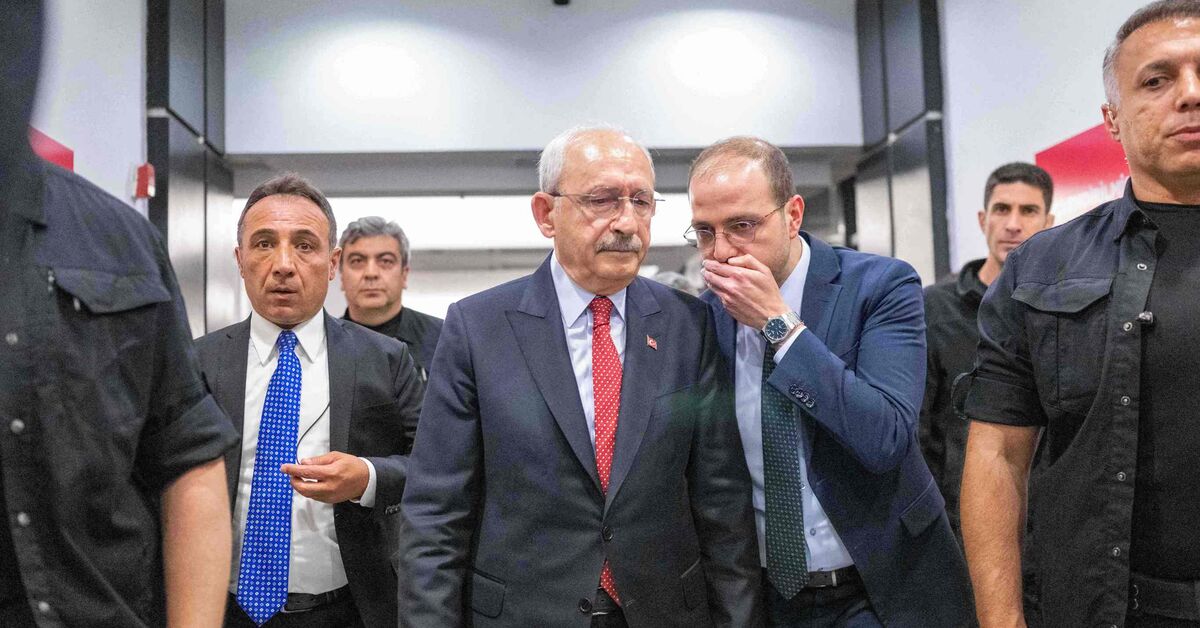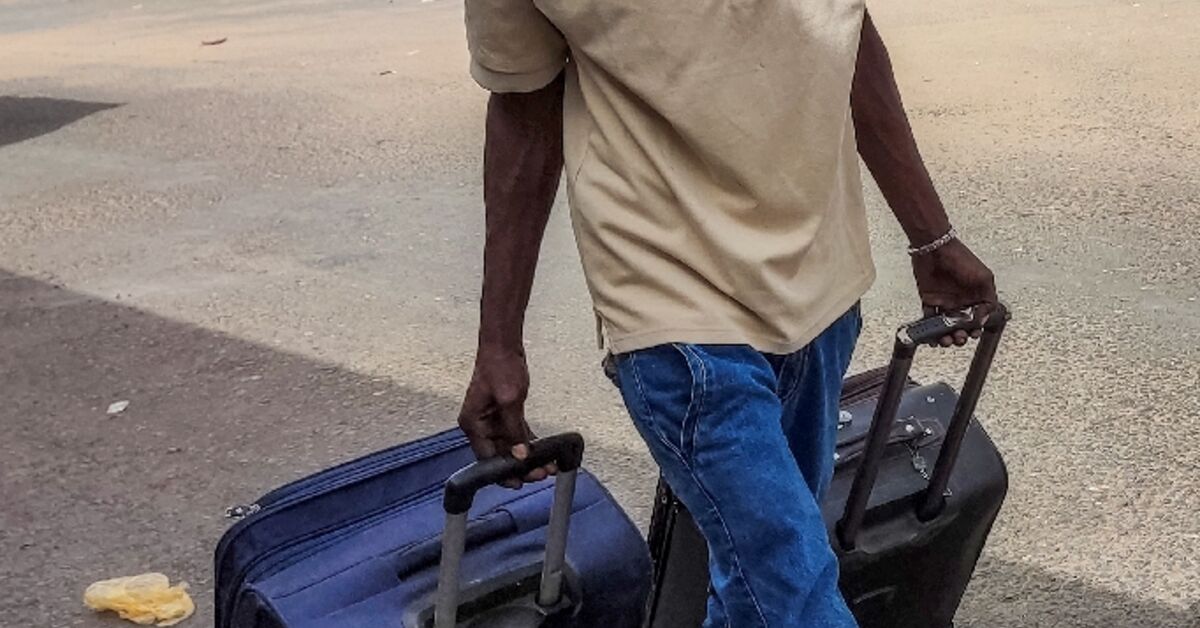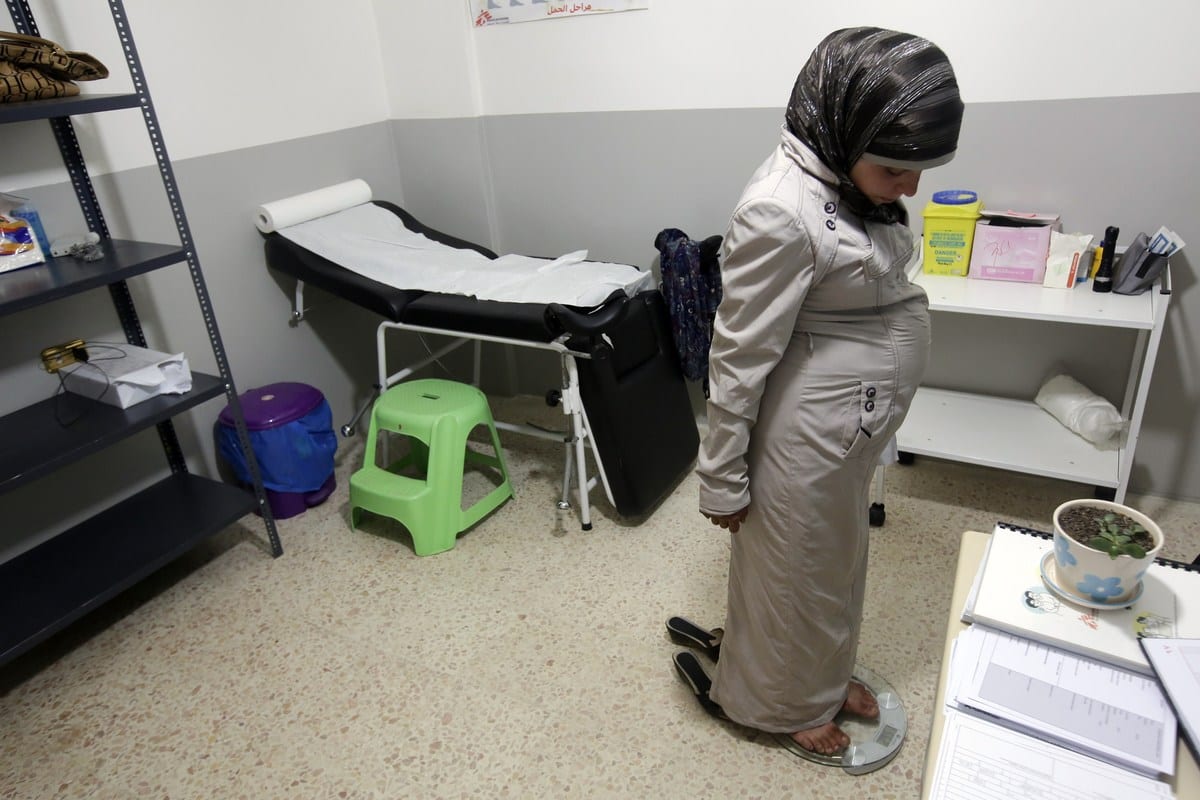ISTANBUL — After a bruising election that saw its hopes of unseating President Recep Tayyip Erdogan dashed, Turkey’s opposition must now regroup for local polls in less than a year.
The presidential and parliamentary elections that ended with Erdogan’s victory on Sunday — extending his 20-year rule for a further five years — were deeply disappointing for an opposition bloc that had high hopes of removing the president.
But the Nation Alliance of six opposition parties, also known as the Table of Six, saw Kemal Kilicdaroglu fail in his presidential bid while Erdogan and his allies retained control of the parliament.
The opposition’s optimism had been buoyed by the unfavorable conditions facing Erdogan going into the elections, namely the worst economic crisis in two decades and the fallout over catastrophic earthquakes in February.
The defeat now threatens to shake the opposition coalition as it looks to defend gains made by Kilicdaroglu’s Republican People’s Party (CHP) in the 2019 local elections.
Backed by other parties, the CHP won a handful of major cities from Erdogan’s Justice and Development Party, including Istanbul and Ankara.
Berk Esen, assistant professor of political science at Istanbul’s Sabanci University, told Al-Monitor, “In 10 months’ time they’re heading to the 2024 local elections.”
Esen went on, “In 2019 it was [the CHP and the Iyi Party] that formed an alliance to field joint candidates and won so many races in major metropolitan areas across the country. If this alliance is not maintained, it’s going to be very difficult for these mayors to win reelection.”
The Nation Alliance is home to diverging political views, including the center-left CHP, the nationalist Iyi Party, the Islamist Saadet Party and two center-right parties led by former ministers under Erdogan.
Each party will now evaluate how it benefited from the alliance in the wake of the elections. There will also likely be recriminations over the leadership and strategy of the campaign that failed to unseat Erdogan when he was thought to be at his most vulnerable.
The harshest spotlight is likely to be on the CHP as the largest opposition party and Kilicdaroglu, who has led the party since 2010 without winning a national election.
His candidacy was called into question even in its infancy, when Iyi leader Meral Aksener threatened to quit the alliance over his selection. She had favored one of the CHP mayors of Istanbul or Ankara — Ekrem Imamoglu and Mansur Yavas — to stand against Erdogan.
Fatih Portakal, a prominent journalist seen as sympathetic to the opposition, called on Kilicdaroglu to step down on his Sozcu TV show Tuesday morning.
“You need to leave and spend time with your family,” he said. “You have to give this seat to other people. The CHP needs to be shaken up.”
Referring to Kilicdaroglu’s pivot to nationalism following a unexpectedly high showing by nationalist voters in the first round, Portakal added, “Are we talking about a nationalist CHP, a left-wing CHP or a conservative CHP?”
He went on, “We don’t even know what the CHP’s identity is. Even your drifting this past week is a sign of desperation.”
Esen also questioned Kilicdaroglu’s candidacy and the mid-campaign nationalist pivot.
“When you have a candidate who’s been running a mainstream party for 13 years, I think most voters have made up their minds on Kemal Kilicdaroglu one way or another,” he said. “Such a U-turn is not going to come across as very convincing.”
Emre Peker, Europe director at the Eurasia Group consultancy firm, told Al-Monitor the adoption of right-wing rhetoric that focused on the removal of Syrian refugees played into Erdogan’s hands.
“With the hawkish rhetorical turn in the Kilicdaroglu campaign, we see the opposition candidate getting pulled firmly onto terrain where Erdogan has led for two decades, where Erdogan is comfortable and where he knows that even with his hands tied behind his back he can beat his opponent,” Peker said.
Kilicdaroglu, however, seems to have little appetite for standing down, having performed better than any of the previous candidates who challenged Erdogan for the presidency by taking 47.8% of votes.
“We will continue to be the vanguard of this struggle until real democracy comes to our country,” he said following the election. “Our march continues; we are here.”
But there are signs of revolt within his party. “Nobody should attempt to create a success story from these results,” former CHP General Secretary Mehmet Akif Hamzacebi tweeted on Monday. “There is a complete failure in terms of our chairman and party.”
If CHP rebels converge in a bid to remove the 74-year-old former bureaucrat, they are likely to focus on Imamoglu as his successor.
However, an Imamoglu leadership bid is hampered by a court case that could see him banned from politics should his appeal fail.
There are also threats to Aksener, with Ethem Baykal, one of the Iyi Party’s founders, calling for her to resign. The party is due to hold its national congress at the end of June.
The Nation Alliance’s smaller parties, which will share 38 parliamentary seats between them after running in the election on the CHP’s list, could be targeted by Erdogan.
“The opposition bloc, even in parliament, is an open question,” said Peker.
“The more Erdogan consolidates power and the more he can bring [opposition deputies] into the fold with polarizing issues such as cross-border operations, the harder it is for the opposition to maintain its position and unity as a joint bloc against him.”



